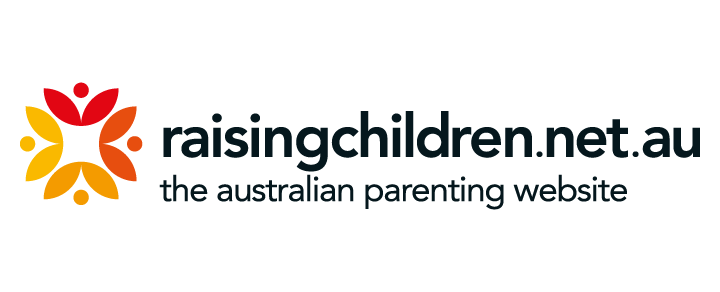
Family Dynamics & Communicating to your child
“Often parents communicate most effectively with their children by the way they listen to and address each other. Their conversations showing gentleness and love are heard by our ever-alert, impressionable children.” – Marvin J. Ashton
Effective Communication between Parents and Your Child
Family dynamics and situations can be challenging and there’s always something happening within families. Whether it’s the death of a pet, a new sibling, or perhaps a separation or divorce. Coping with these changes can be tough on everyone involved, especially children. Most importantly, when navigating these changes, it is essential to communicate with all those involved or impacted. Here are some key considerations:
- Be open and honest with your child about the situation and show patience and understanding.
- Use language and explain the situation in an age-appropriate way.
- Be reassuring and encourage your child to express their feelings and concerns.
- Answer questions honestly but with diplomacy and compassion.
- Involve your child where appropriate in the process, for example with the arrival of a new sibling or in saying goodbye to a beloved pet.
Tough Topic Discussions with Your Child
Children often think changes are their fault, so it’s important to reassure them that they are loved and that the family change isn’t because of them, for example, separation. And that both parents still love them.
The first loss a child experiences often sets lasting memories for them. Whether that is the death of a pet or loved one, when you handle that with open communication, the child remembers people are sad when they experience loss, but that it’s okay and healthy to talk about it. You might say we can remember the person or pet lost by looking at photos and talking about the fun times we had with them (if culturally appropriate for example, many Aboriginal families don’t use photos of people who have passed away). You could make a memory book for your family to look back on later using drawings, listing favourite memories, thoughts, or photos.
Tips for Parents:
- Talk to your child as soon as possible after the event, plan ahead to have the conversation.
- Practice what you will say beforehand in your mind.
- Pick a quiet time where it’s just you and your child, allowing you to focus on the conversation entirely.
- Be mindful of your child’s emotional state and pick your moment to talk.
- Get down to your child’s level and make eye contact with them.
- Use examples that your child can relate to, recent or past experiences that they can remember.
- Provide reassurance and tell your child they can ask questions if they need to.
- Be open about your feelings and share them with your child. You can tell them if you feel sad too.
- Remember you are the adult and need to provide comfort, support and cuddles, by staying strong.
- Some topics may need further help from others. If you feel that your child is overwhelmed or displaying signs that they need professional help, then reach out to your local services.
St Joseph’s Family Services Programs
We teach emotional intelligence as situations arise and through planned intentional teaching through programs such as ‘worry woos’ .
Children often talk about changes in their life through role play and drawing. These can be great times to be ready to answer any questions in an age-appropriate and honest way. Often, children only ask one or two questions while playing or drawing, and then they are satisfied and go back to playing. Sometimes that’s all they ask and sometimes more questions come a few days later. If a parent shares with us any significant changes at home, we take it into account, observing and reassuring the child concerned, and we’re always ready to walk them through challenging times.
When welcoming new pets or siblings, we encourage parents to send photos in through our communication app, Xplor, to share with the child’s peers and Educators.
For more information, please get in touch with us.







Leave A Comment